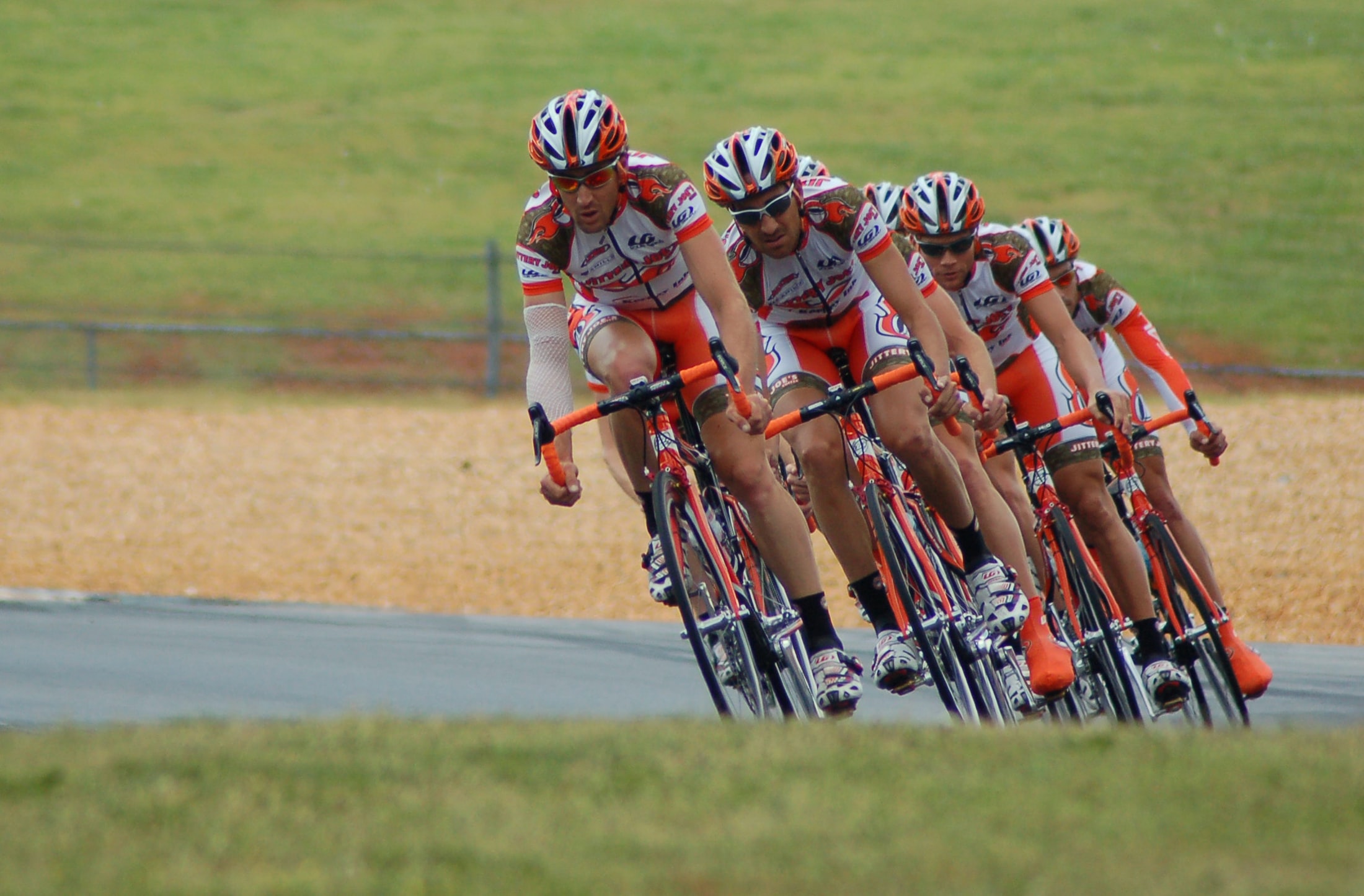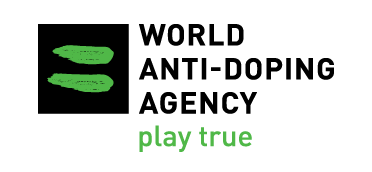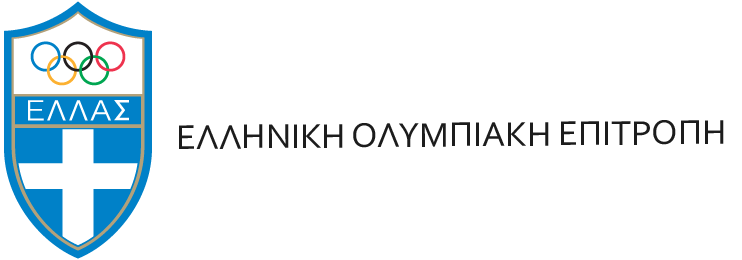
HADA
National Anti Doping Organisation
Athletic Rights
Whereas one of the purposes of the World Anti-Doping Code and the World Anti-Doping Program is to protect the Athletes’ fundamental right to participate in doping-free sport and thus promote health, fairness and equal opportunity for Athletes worldwide.
Whereas all Athletes, Athlete Support Personal, Sport Officials, Sport Administrators, and AntiDoping Organizations share the interest of and responsibility to protect the integrity of sport by ensuring that it is doping-free
Whereas protecting the Athletes’ right to participate in doping-free sport must be considered as one of the highest priority sporting interests.
Whereas it is recognized that protecting Athletes’ rights is in the interest of preserving the social institution of sport, as well as its popularity and viability.
-Equality of opportunity. To equal opportunity in their pursuit of sport to perform at the highest potential level in both training and competition, free of participation by other Athletes who dope, or Athlete Support Personal, Sport Officials, Sport Administrators, or Anti-Doping Organizations that otherwise violate anti-doping rules and requirements.
-Equitable and fair testing programs To be subject to testing programs worldwide that are implemented in a manner that ensures that all athletes in all countries are tested in compliance with the World Anti-Doping Code and International Standards.
-Protection of health. To be free from any pressure by any other Athlete, Athlete Support Personal or other persons, that would jeopardize their physical or emotional well-being through doping. When receiving medical treatment, Athletes have the right to not be prescribed, provided or administered any Prohibited Substance or Method in the course of medical treatment or otherwise by any Participant or Person unless the athlete has been granted an approved Therapeutic Use Exemption. Medical service providers shall not provide treatment to any athlete outside the applicable standard of care for the purpose of enhancing an athlete’s performance. Athletes shall be responsible for advising medical personal that they are bound to comply with Anti-Doping rules set forth in the WADC and international standards.
-Right to justice. To justice, including the right to be heard, the right to a fair and timely hearing before an impartial hearing panel, the right to obtain a decision in a timely manner as well as the fair, consistent and transparent enforcement of applicable Anti-Doping Rules in a harmonized manner in compliance with the WADC and International Standards.
-Right to accountability. To be subject to the authority of Anti-Doping Organizations and relevant stakeholders that are ethical and comply with the WADC and applicable International Standards and are free of doping, corruption or illicit conduct and are held accountable in the case of any form of proven corruption, cover-up, conspiracy, complicity or manipulation related to anti-doping.
-Whistleblowers and Substantial Assistance. To be provided with an anonymous or confidential and independent mechanism to report any potential doping behavior by applicable Athletes, Athlete Support Personal, Sport Officials, Sport Administrators, and Anti-Doping Organizations.
-Right to education. To receive Anti-Doping Education and information from Anti-Doping Organizations that satisfy the principles and requirements in Article 18 of the Code.
-Right to data protection. To the collection, transfer, storage, publication and confidentiality of their anti-doping related data in accordance with the relevant and applicable International Standard, as well as applicable data privacy laws..
-Compensation. To compensation from an athlete/s or organization that has committed an ADRV and that any prize money that has been awarded to a sanctioned athlete/s is returned to the rightful athlete/s.
-Anti-Doping Athlete Ombudsperson. To have an independent WADA appointed Athlete Ombudsperson that shall have the power to advise, report and make recommendations so as to protect Athletes and their rights in relation to this Charter and all anti-doping matters. These services shall be free, confidential, independent and a mechanism will be put in place to allow such communication. The ombudsperson shall report to the WADA Athlete Committee. The structure, reporting, powers, limitations and rules of the office shall be defined in the relevant Terms of Reference.
At the same time, athletes have the following responsibilities:
- To be knowledgeable of and comply with all applicable anti-doping policies and rules adopted pursuant to the Code.
- To be available for Sample collection at all times.
- To take responsibility, in the context of antidoping, for what they ingest and Use.
- Τo inform medical personnel of their obligation not to Use Prohibited Substances and Prohibited Methods and to take responsibility to make sure that any medical treatment received does not violate anti-doping policies and rules adopted pursuant to the Code.
- To disclose to their National Anti-Doping Organization and International Federation any decision by a non-Signatory finding that the Athlete committed an anti-doping rule violation within the previous ten (10) years.
- To cooperate with Anti-Doping Organizations investigating anti-doping rule violations.
- To disclose the identity of their Athlete Support Personnel upon request by any Anti-Doping Organization with authority over the Athlete.








